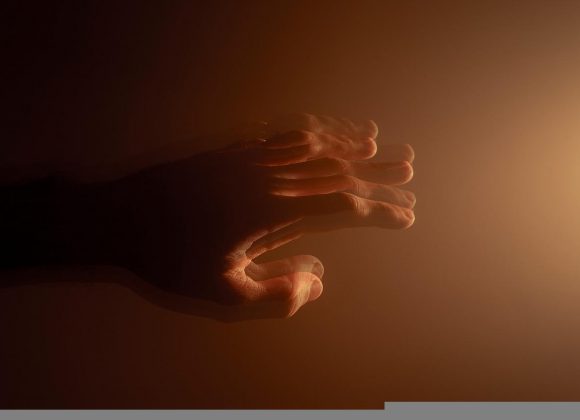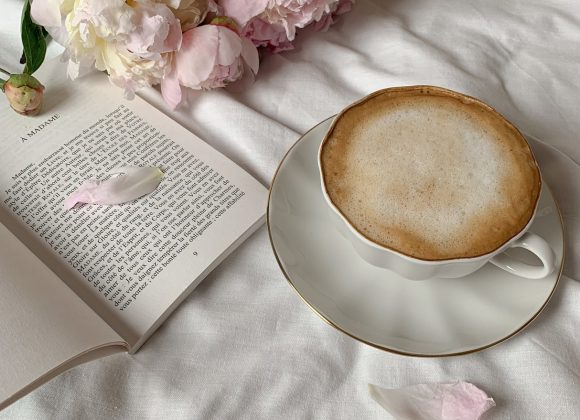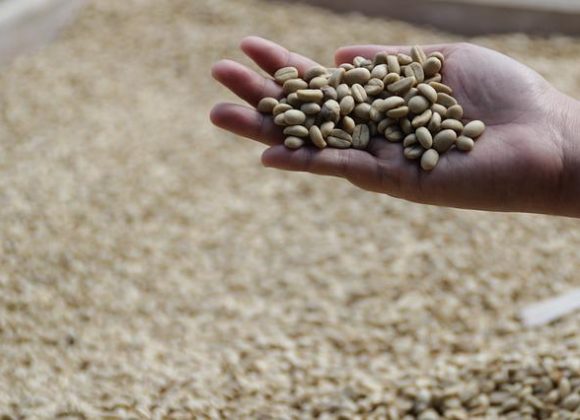
We enjoy coffee not just for the taste, but also for the way it makes us feel. Coffee is the finest, hands down, for both its ability to sharpen focus and uplift mood. But there is always a negative aspect to everything. If drunk in excess, coffee’s caffeine can cause anxiety.
According to research, caffeine is a psychoactive chemical that has the potential to either create or worsen anxiety and other stress-related signs and symptoms. This psychoactive chemical exists in chocolate, coffee, tea, soda, and other alcoholic beverages. Additionally, several drugs and dietary supplements, particularly those used to control weight, may hide it. High levels of caffeine can also be found in energy drinks.
Most of us get our daily dose of caffeine from coffee, which typically has 80 to 100 mg of caffeine per cup. Caffeine content increases with the strength of the drink. Overconsumption of caffeine can make people uneasy, but it can also make their symptoms of anxiety worse.
What are the symptoms of anxiety?
Anxiety is a feeling of intense, persistent, and/or difficult-to-manage worry, dread, or fear regarding everyday circumstances and situations. In addition to having an effect on your mental health, anxiety can also cause physical side effects like nausea, shortness of breath, tense muscles, and breathing difficulties.
Anxiety and excessive caffeine consumption both have similar symptoms. According to Harvard Medical School, the caffeine-induced symptoms that can mirror anxiety include:
- Nervousness
- Restlessness
- Trouble sleeping
- Fast heart rate
- Gastrointestinal problems
How does caffeine affect anxiety?
Caffeine increases stress hormones
The majority of persons who suffer with anxiety would concur that they sense fear, stress, and unease. When caffeine is consumed in large amounts, these feelings may become more intense. Caffeine causes your body to produce more dopamine, which makes you feel more awake and concentrated. Long periods of alertness have the potential to cause stress and dread.
Caffeine affects neurotransmitter balance
Most of the time, caffeine makes us feel good. Caffeine can actually improve your mood when consumed in moderation. Additionally, it boosts mental acuity, motivation, and productivity. When coffee is consumed in excessive amounts, however, the Gamma-aminobutyric acid (GABA), a calming neurotransmitter that helps the brain slow down when needed, is blocked. It should come as no surprise that a low GABA level can cause increased anxiety as GABA is linked to relaxation and happiness.
Caffeine can cause sleeplessness
Since metabolic waste products and poisons are removed and rebuilt into new brain cells when we sleep, getting a good night’s sleep is crucial for the health of our brains. However, excessive coffee consumption, especially close to bedtime, might disturb the regular sleep cycle and make it more difficult to get restful sleep.
Caffeine increases anxiety when consumed together with certain medications
Caffeine is a major part of our daily lives and is frequently used out of habit. A lot of beverages include caffeine, especially some drugs like those used to control weight. Some professionals advise against using caffeine-containing supplements right before bed. adenosine, a brain molecule that plays a role in making you feel tired, is blocked by caffeine. As a result, you will feel more stress and anxiety is worsen.




